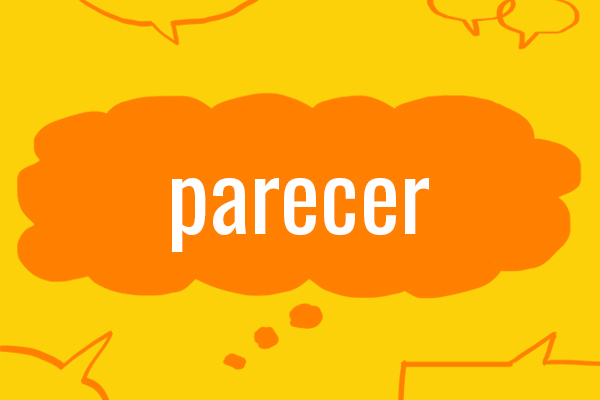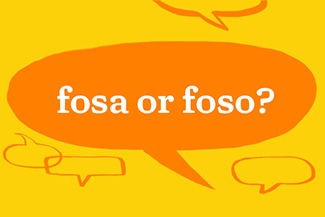This week’s Spanish word of the week is parecer.
Parecer is a verb that means to think. You can listen to the pronunciation of parecer in the audio clip below:
function playAudio(url) { new Audio(url).play(); }Parecer is a very common way of expressing what you think:
Me parece un libro genial. I think it’s a great book.
You can use it in the structure me parece que …, word for word ‘it seems to me that’:
Me parece que no va a venir. I don’t think he’s going to come.
As you can see in the previous example, the verb after parecer is negative, whereas in English we make ‘think’ negative. If you make parecer itself negative, the verb that follows has to be in the subjunctive:
No me parece que sea una buena idea. I don’t think it’s a good idea.
To say ‘I think so’, or ‘I don’t think so’, you use parecer in the structures shown below:
¿Va a venir? – Me parece que sí. Is she going to come? – I think so.
¿Va a llover? – Me parece que no. Is it going to rain? – I don’t think so.
To ask someone’s opinion of something, parecer is a good verb to use:
¿Qué te pareció el nuevo equipo? What did you think of the new team?
¿Qué te parece su última película? What do you think of her latest film?
And to make a suggestion, you can use the same structure –¿Qué te parece?– followed by si (‘if’):
¿Qué te parece si vamos al cine esta tarde? How about going to the movies this evening?
Come back next week for another insight into Spanish vocabulary!



